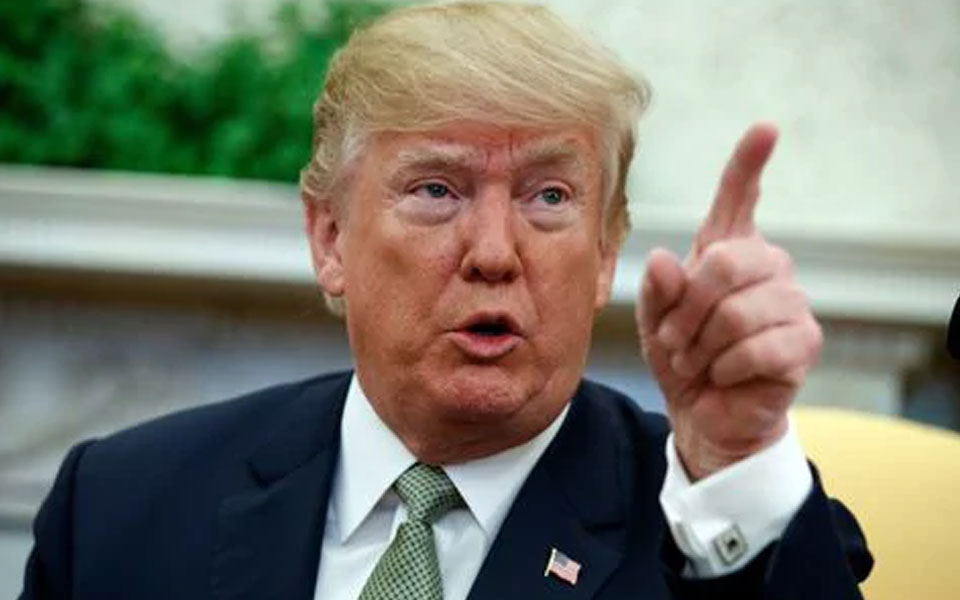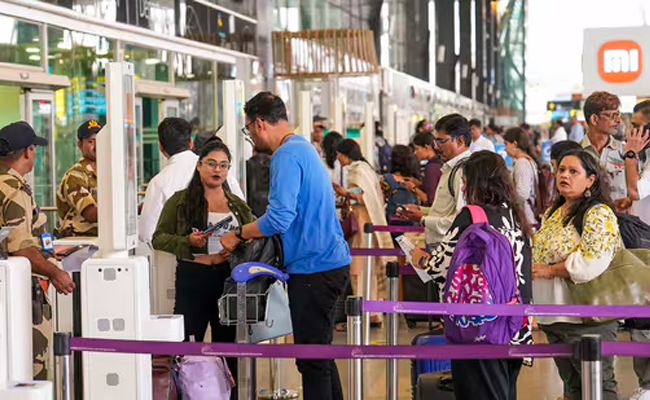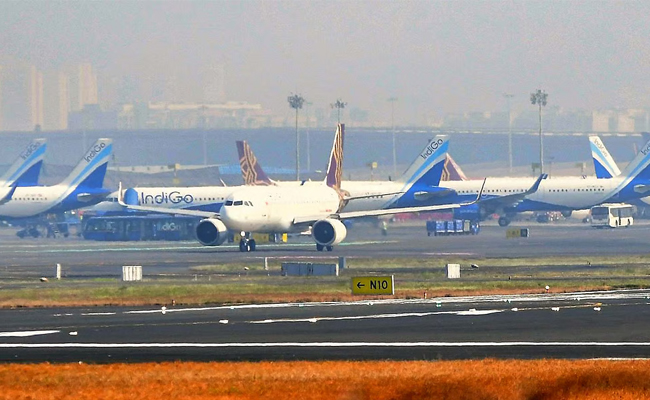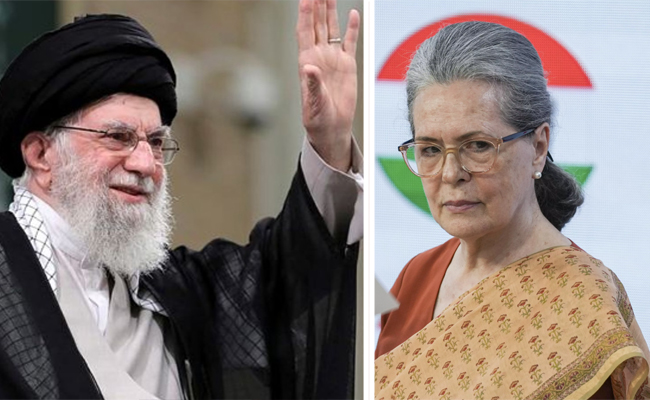Washington, June 23 : US President Donald Trump cited an "unusual and extraordinary threat" to American national security as he maintained long-standing economic restrictions on North Korea, including the freezing of any assets in Washington, a media report said.
An official declaration, contained in a notice to Congress, came on Friday despite Trump's assertion this month that his June 12 historic summit with North Korean leader Kim Jong-un ended Pyongyang's nuclear weapons threat, reports The Washington Post.
Harsh economic restrictions will continue for one year under the declaration Trump signed Friday. The paperwork keeps in place restrictions first imposed a decade ago by President George W. Bush.
The ban on the transfer of any American assets by North Korea's leaders or its ruling party has been extended or expanded several times by former President Barack Obama and Trump himself in response to North Korean missile tests and other actions.
"The existence and risk of proliferation of weapons-usable fissile material on the Korean Peninsula (and_ the actions and policies of the government of North Korea... Continue to constitute an unusual and extraordinary threat to the national security, foreign policy, and economy of the US," Trump wrote in the declaration.
Friday's development comes in contrast to a tweet on June 13 where Trump said: "Just landed - a long trip, but everybody can now feel much safer than the day I took office... There is no longer a nuclear threat from North Korea."
The move follows as the US and South Korea cancelled two more training exercises on Friday, reports the BBC.
The Pentagon said the goal was to support diplomatic negotiations.
Let the Truth be known. If you read VB and like VB, please be a VB Supporter and Help us deliver the Truth to one and all.
Bengaluru (PTI): Two-time Olympic medal-winning Indian badminton star P V Sindhu, who was stranded in Dubai due to closure of airspace in the Gulf region, has returned to the country after pulling out of the All England Championships in Birmingham.
Sindhu posted on X to announce that she is back in the city.
"Back home in Bangalore and safe. The last few days have been intense and uncertain, but I'm truly grateful to be back to my house," she posted.
"A heartfelt thank you to the incredible ground teams, Dubai authorities, airport staff, immigration, and every single person who stepped up and took such good care of us during a very difficult time. The empathy and professionalism meant more than words can say.
ALSO READ: Sonia slams Modi govt's silence on Khamenei killing, demands debate in Parliament
"For now, it's time to rest, reset, and figure out the next steps," she added.
The former world champion was on her way to Birmingham via Dubai, when she was stranded after the flight operations were suspended in the Gulf region following the US and Israeli bombing of Iran.
Iran subsequently retaliated, hitting Dubai as well.
"Moments like these remind you how fragile normal life really is," she had posted on February 28 while revealing some details of her ordeal, which included an explosion near her place of stay.
She had described the experience as "extremely tense and scary moment" for her and her team, including Indonesian coach Irwansyah Adi Pratama.
Back home in Bangalore and safe 🙏
— Pvsindhu (@Pvsindhu1) March 3, 2026
The last few days have been intense and uncertain, but I’m truly grateful to be back to my house. A heartfelt thank you to the incredible ground teams, Dubai authorities, airport staff, immigration, and every single person who stepped up and…





